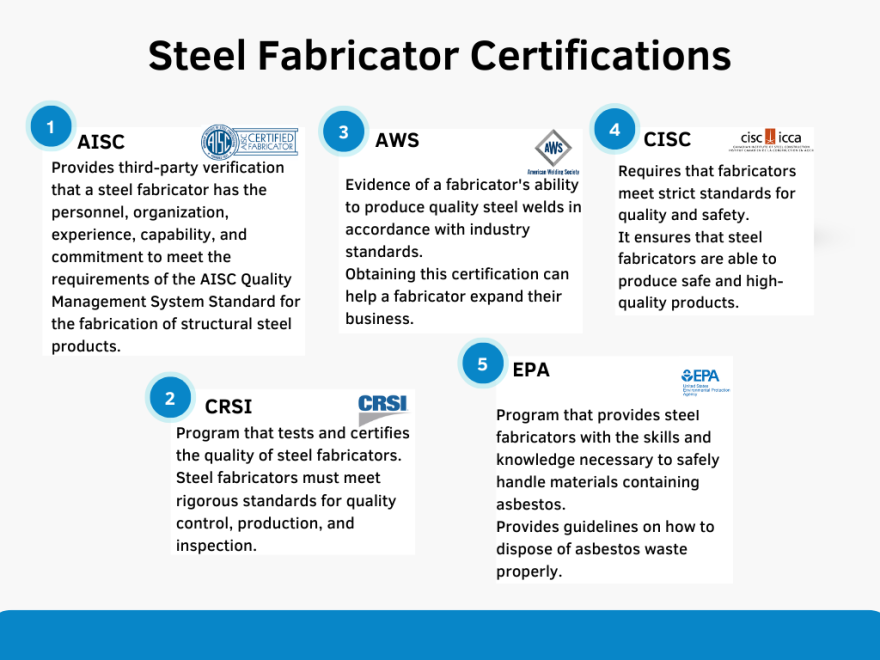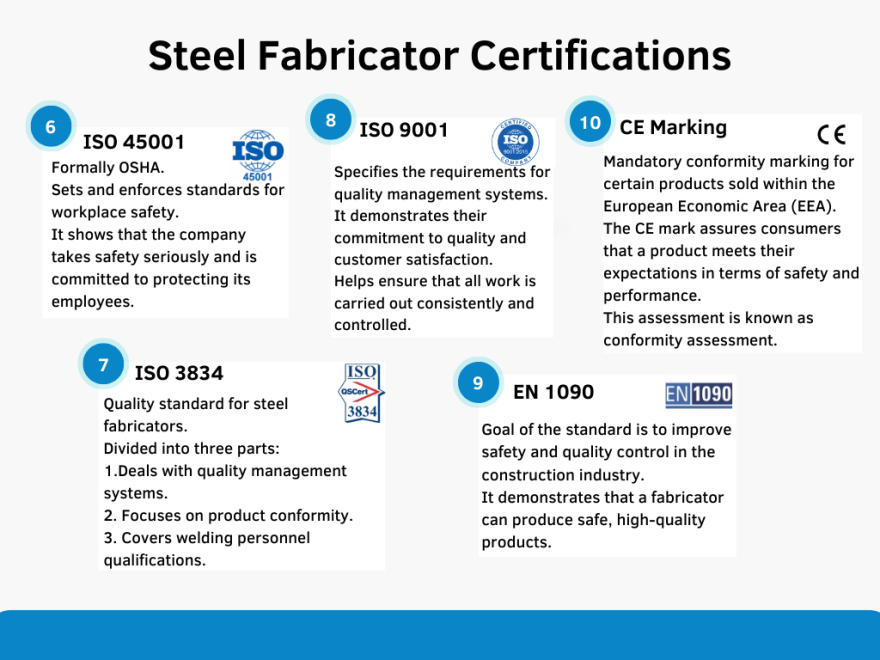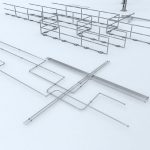Unlock Your Potential With Exceptional Metal Work Qualifications – Take Action Now!
Metal Work Qualifications: Unlocking the World of Skilled Metal Workers
Metal work qualifications play a vital role in shaping the skilled metal workers of today. From crafting intricate sculptures to constructing sturdy structures, these qualifications provide individuals with the necessary skills and knowledge to excel in the metalworking industry. Whether you’re an aspiring metalworker or simply curious about the world of metal work, this article will take you on a journey to explore the what, who, when, where, why, and how of metal work qualifications.
What Are Metal Work Qualifications?
Metal work qualifications encompass a range of certifications and degrees that validate an individual’s expertise in metalworking. These qualifications can be obtained through vocational schools, apprenticeships, or even university programs. They cover a variety of metalworking techniques such as welding, forging, machining, and fabrication. By gaining these qualifications, individuals acquire both theoretical knowledge and practical skills necessary to excel in the field.
2 Picture Gallery: Unlock Your Potential With Exceptional Metal Work Qualifications – Take Action Now!


Who Can Pursue Metal Work Qualifications?
Metal work qualifications are open to individuals of all backgrounds and ages. Whether you’re a high school graduate looking for a hands-on career or a seasoned professional seeking to expand your skillset, metal work qualifications offer something for everyone. These qualifications cater to a wide range of roles, including welders, metal fabricators, blacksmiths, machinists, and more. With the right dedication and commitment, anyone can embark on a fulfilling journey in the world of metalworking.
When and Where Can You Pursue Metal Work Qualifications?

Image Source: tildacdn.com
Metal work qualifications can be pursued at various stages of one’s career. Some individuals may choose to begin their journey immediately after high school, enrolling in vocational schools or apprenticeship programs. Others may already be working in the field and seek to enhance their skills through specialized certifications or advanced degrees. The availability of metal work qualifications varies across different countries and regions, with numerous institutions offering specialized courses and programs.
Why Should You Pursue Metal Work Qualifications?
There are several compelling reasons to pursue metal work qualifications. Firstly, these qualifications provide individuals with a solid foundation of skills and knowledge, making them highly employable in the metalworking industry. With a shortage of skilled workers in this field, acquiring metal work qualifications can significantly increase job opportunities and earning potential. Additionally, these qualifications offer a pathway for personal and professional growth, allowing individuals to explore various metalworking techniques and specialize in their areas of interest.
How Can You Obtain Metal Work Qualifications?
Metal work qualifications can be obtained through a combination of academic study and practical training. Vocational schools and technical colleges offer programs that cover the theoretical aspects of metalworking, supplemented by hands-on workshops and practical assessments. Apprenticeships provide an alternative route, allowing individuals to learn directly from experienced professionals while working on real projects. These pathways enable aspiring metalworkers to gradually develop their skills and gain industry-recognized certifications.
FAQ: Your Metal Work Qualifications Questions Answered
Q: Are metal work qualifications necessary to work in the metalworking industry?

Image Source: tildacdn.com
A: While it is possible to gain practical experience and skills without formal qualifications, having recognized certifications significantly enhances employability and job prospects in the metalworking industry.
Q: Can metal work qualifications be obtained online?
A: Some theoretical components of metal work qualifications can be completed online, but practical training and assessments are typically conducted in-person due to the hands-on nature of metalworking.
Q: How long does it take to complete metal work qualifications?
A: The duration of metal work qualifications varies depending on the level of certification and the individual’s learning pace. Some programs can be completed in a matter of months, while others may span several years.
Q: What are the prerequisites for pursuing metal work qualifications?
A: Prerequisites for metal work qualifications vary based on the program or institution. However, a basic understanding of metalworking concepts and a passion for the craft are often desirable.
The Benefits and Drawbacks of Metal Work Qualifications
Metal work qualifications come with their own set of advantages and limitations. On one hand, these qualifications provide individuals with a structured learning pathway, ensuring they acquire a comprehensive range of skills. They also enhance employability, as employers often prioritize candidates with recognized qualifications. However, metal work qualifications require commitment and dedication, with individuals having to invest time and resources into their education. Additionally, obtaining these qualifications may involve financial costs, although scholarships and funding options are often available.
Unlocking Opportunities with Metal Work Qualifications
Metal work qualifications open doors to a world of opportunities in the metalworking industry. Graduates of these programs can pursue careers in various sectors, such as automotive, construction, aerospace, and art. From constructing iconic structures to fabricating intricate metal designs, the possibilities are endless for those armed with the skills and knowledge acquired through metal work qualifications.
Conclusion
Metal work qualifications serve as a gateway to a rewarding career in the metalworking industry. Whether you’re passionate about forging metal sculptures or constructing complex metal structures, these qualifications provide the foundation needed to excel in the field. By pursuing metal work qualifications, individuals gain valuable skills, enhance their employability, and unlock a world of opportunities. So, if you’re ready to embark on a fulfilling journey as a skilled metal worker, consider exploring the vast array of metal work qualifications available and unlock your true potential.
This post topic: Metalworking


